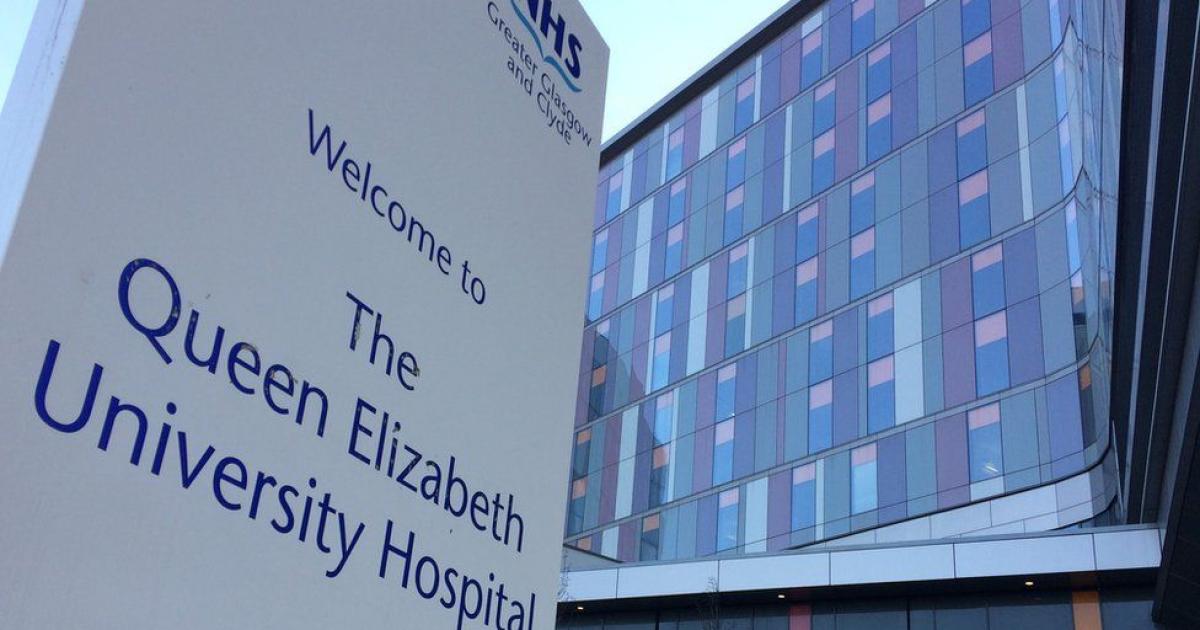NHS health boards are duty bound to notify regulator Healthcare Improvement Scotland when a significant adverse event review (SAERs) has been commissioned following a major incident.
Category one events – the most serious incidents – must be reported and may have caused death, major injury, disfigurement or severe emotional or psychological trauma.
The Scottish Government revealed the figures following a written parliamentary question from Scottish Conservative MSP Tim Eagle.
The data revealed that since 2021, there have been 3,586 incidents reported to the regulator by local health boards and the Scottish Ambulance Service.
Read More:
The Scottish Government has not provided further detail on the nature of the incidents.
However, the data revealed that NHS Greater Glasgow and Clyde – the country’s largest health board – has had the most incidents since 2021, with 1,242 serious incidents reported to regulators in five years.
The health board has consistently reported hundreds of incidents each year, including 117 between January and June 2025.
It comes after the health board was condemned by Healthcare Improvement Scotland earlier this year after a report revealed it was failing to review its most serious patient safety incidents within the 90-day timeframe set by the regulator’s guidelines.
The regulator’s report showed that 262 incidents were recorded between January and October 2024, however just one was successfully reviewed within the 90-day timescale, and only 14 were assessed in total.
The new figures revealed in the parliamentary correspondence revealed there has also been 404 incidents logged since 2021 at NHS Lanarkshire, while a further 356 were reported at NHS Lothian, which includes Edinburgh hospitals.
Read More:
The Scottish Government said the 90-day guideline is in place to learn lessons from the significant incidents.
However, Mr Eagle, who represents the Highlands and Islands region in Holyrood, said the figures show that Health Secretary Neil Gray is “out of his depth” and described the data as “catastrophic”.
He told The Herald: “Since the pandemic, the number of significant adverse events in Scotland’s hospital has soared to alarming levels.
“The lethal combination of the SNP’s dire workforce planning and successive flimsy recovery plans has left our NHS in a constant state of crisis, with overstretched staff unable to deliver the standard of care patients deserve.
“These aren’t just statistics, they are patients who have suffered serious harm or even died because of the Nationalists’ catastrophic mismanagement of our health service.
“We cannot go on with business as usual. Neil Gray is out of his depth. He needs to back our common sense plans to cut bureaucracy, slash the ranks of middle managers and surge resources to the frontline.”
In November last year, The Herald revealed that health bosses at NHS Greater Glasgow and Clyde signed off on changes to the process that means several incidents will be categorised as ‘rapid reviews’, meaning that they will not automatically be flagged or notified to Healthcare Improvement Scotland.
It has been in place since January this year.
Health Secretary Neil Gray told The Herald that patient safety is the “first priority” of the Scottish Government.
He said: “Patient safety is our first priority and our thoughts are with everyone who has been affected by these incidents.
“We are committed to transparency, improving standards, and learning lessons when something goes wrong.
“Scotland’s patient safety programme was the first to be launched on a national scale anywhere in the world. Since 2008, it helped to save lives and continues to drive improvement across the country.
“Learning from significant adverse event reviews must be used to prevent similar events and contribute to continuous improvement across healthcare services for the benefit of patients, carers and staff.”
NHS boards have been required to notify Healthcare Improvement Scotland of significant adverse events since 2020.
